Current courses:
EVEN 4494 Contaminant Fate & Transport
This course is designed to give students an understanding of processes that govern the behavior of pollutants in the environment. The subject includes aspects of intermedia transport, surface and groundwater hydrology, air pollution modeling, degradation processes, human exposure pathways, and monitoring. The course requires students to design and conduct experiments, analyze and interpret data, and write technical engineering reports.
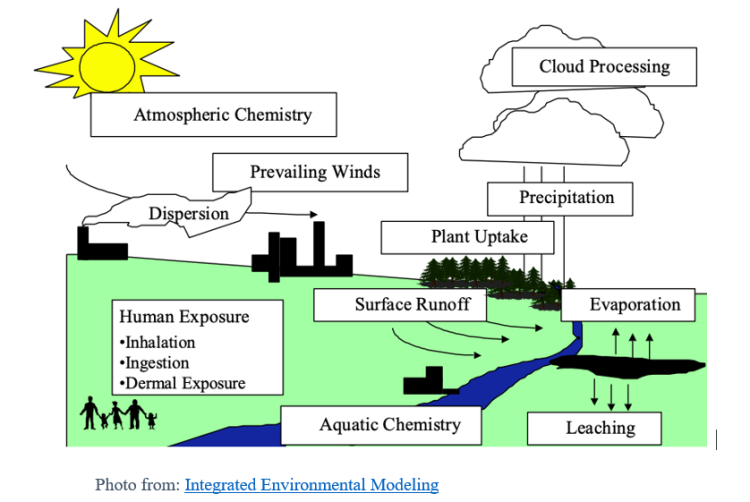
EVEN 4434 Capstone Design
The primary goal of this course is to complete students’ transition from an engineering student to a practicing engineer. This course provides an authentic engineering experience through working on real, current projects that environmental engineers would be asked to execute with real clients that the students will execute the project for, a project principal (professor) that would be the boss, project controls specialist (TA) that watches timesheets and budgets, and possibly a technical advisor that replicates a sub consultant (additional faculty member, or design professional). To complete the project scope, students will need to use all the skills learned in their time at CU. Students will also need to acquire new information and skills not learned in any class, but that are required for successful completion of the project. Sample capstone projects of spring 2021:
Destruction of PFAS: won three awards at 2021 WERC
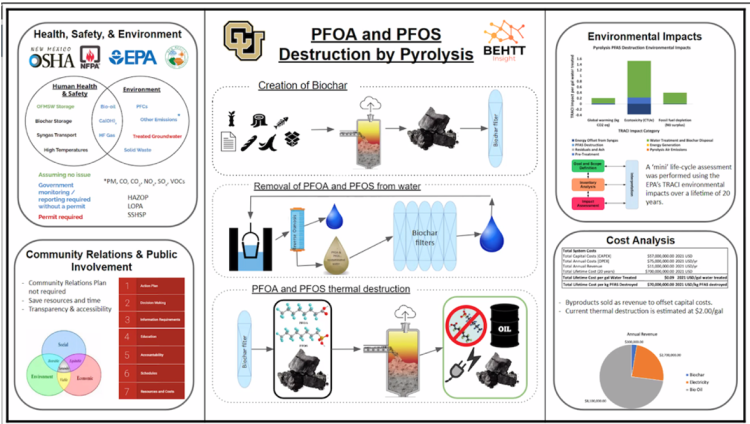
USBR Hoover Dam Wastewater Treatment Plant
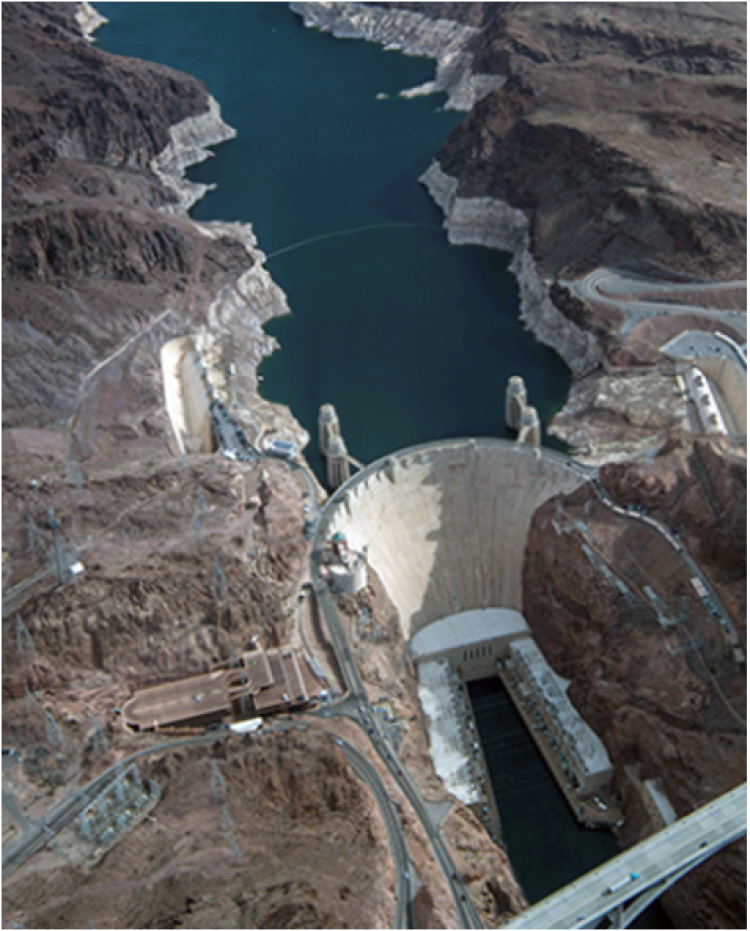
FAA Challenge: Increased Sanitation and Hygiene Practices for Health-Smart Airports
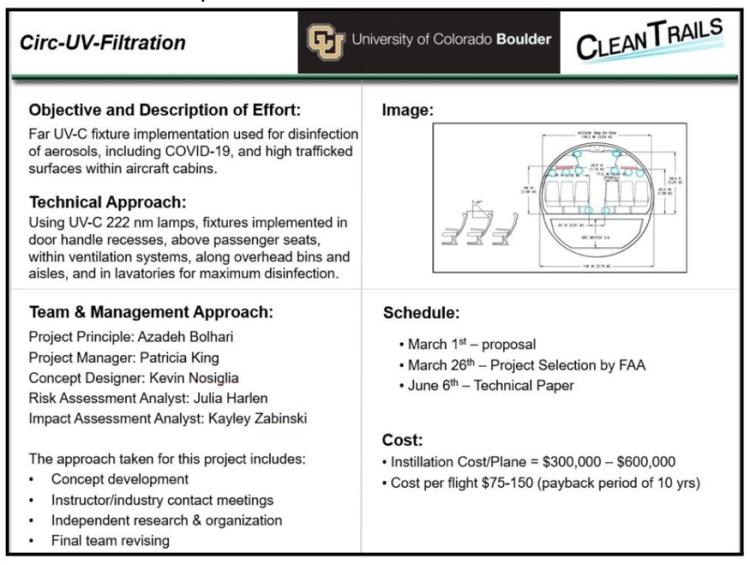
Drainage Feasibility Study for Tom Green County, TX

EVEN 4404/4414 Water Chemistry and Lab
This four-credit lecture and lab course focuses on the theory and practice of water chemistry, specifically as it relates to applications in the field of environmental engineering. In addition, the lectures will include discussions on certain analytical methodologies used in the field, and those that students will use during the laboratory component of the course.
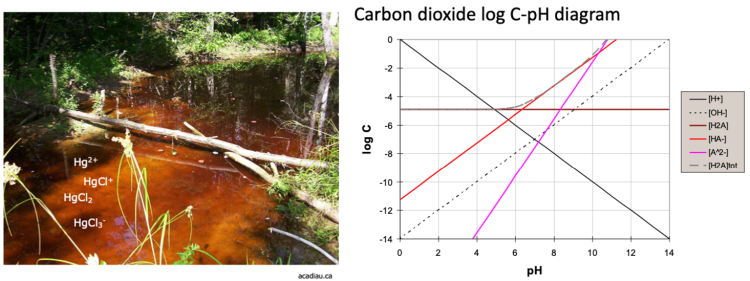
Courses previously taught:
- Water and Wastewater Treatment Design
- Environmental Engineering Processes
- Phytoremediation
- Introduction to Environmental Engineering
- Stormwater Design
- Economics and Sustainability of Infrastructures
- Fluid Mechanics
- Introduction to Engineering

